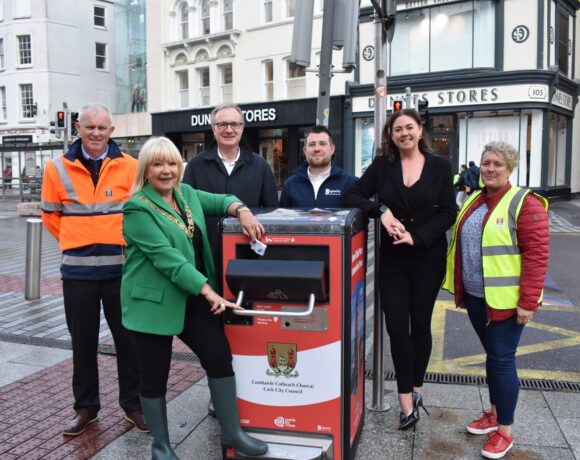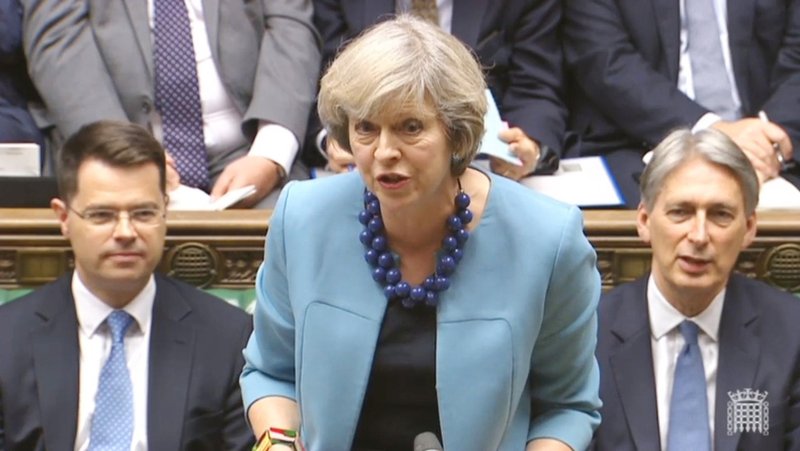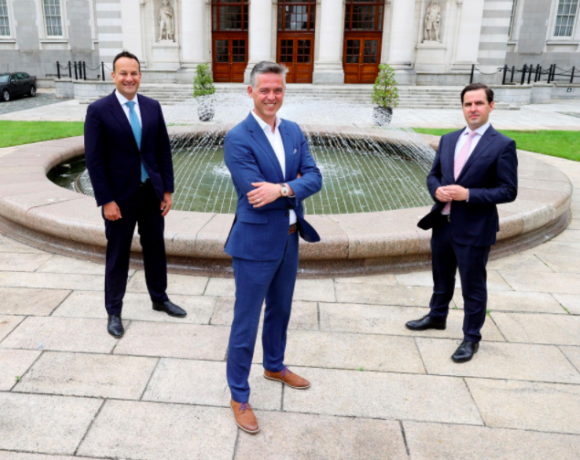Local authorities are being asked to deliver in a way that they have never done before, and they have met that challenge in a wholesome and committed way, Darragh O’Brien, Minister for Housing, Local Government and Heritage said at a seminar focused on sharing good practice across local authorities.
At the ‘Good Practice in Local Government’ seminar organised by the National Oversight and Audit Commission (NOAC) in collaboration with the Local Government Management Agency (LGMA), the Minister said that, as the closest level of government to citizens, local authorities have been challenged to develop and implement innovative solutions to the way they operate and most recently especially in response to the COVID-19 pandemic. He said they had responded not only with technological innovations, but by altering internal services and business processes and adapting how they provide public services, advice, and guidance.
The Minister said he is conscious of the increasing demands on the local government sector and the need for greater supports to address them. “Local authorities must be commended for the manner in which they have adapted and the resilience they have shown during this difficult time. They have continued to deliver an excellent service despite the many challenges posed to them. Whatever the crisis, be it storms, severe weather, and now COVID-19 local government is at the centre of the response,” Minister O’Brien said.
Also speaking at the seminar Michael McCarthy, Chair of NOAC said, “As part of our work, NOAC has a wonderful opportunity to see and hear first-hand all the varied and interesting work that is taking place in local authorities throughout the country. Local authorities have demonstrated an ability to develop novel solutions to many complex problems. The various projects highlighted today show that local authorities have sufficient skills and capacities to respond to a diversity of challenges that arise and can deliver many and varied innovations. They demonstrate the willingness of the sector to change and existing capacities within the sector to act as leaders of change.”
Tim Lucey, Chair of the County and City Management Association and Chief Executive of Cork County Council said, “Innovation is an increasing focus for the local government sector. The Covid-19 crisis highlighted why local authorities need to be agile and ready to adapt to a range of circumstances, but we know that we must also constantly examine how we do things and explore how we might streamline, innovate and improve the vital services we provide. This is something the CCMA has recognised by increasing the focus on innovation as part of the newly configured CCMA committees.”
Some of the good practice projects and innovations discussed at the seminar included:
Maximising Performance to Drive Economic and Community Development in Wexford County Council
Wexford County Council’s focus on Key Performance Indicators has benefited economic and community development throughout the county. Collaborative working with the Plenary Council, Corporate Policy Group and Management Team led to agreement on priority Key Performance Indicators which the council would target for improvement during that year (2017) with further adopted in 2018. In conjunction with this and in view of the increasingly challenging economic climate, the Council also agreed to revise and strengthen its Corporate Objectives to better reflect the changing needs of the organisation and the wider community. Ten new corporate objectives which prioritised meeting the economic, social and environmental needs of the people of County Wexford were adopted by the Council in March 2017. Results have shown continuing improvement in the collection levels in the major revenue areas of commercial rates, rents and annuities, and housing loans as these were some of the areas prioritised. The resulting success year on year, coupled with the significant reduction in the Council’s operational deficit and an increase in the Local Property Tax each year since 2017, has helped to fund and support the Council’s Economic and Community Development Programme.
My Open Library – Best Practice in Accessible Services at Offaly Libraries
My Open Library services offer extended opening hours to library members on a self-service basis outside normal opening hours, from 8am to 10pm, seven days a week, 365 days a year. Offaly County Library Service undertook one of the first pilots of this innovative service model in Ireland and now offers My Open Library services in Banagher, Ferbane and Tullamore libraries. A full range of services are available including borrowing, meeting facilities, study spaces and ICT facilities. Users enjoy access to the library at times that suit them best and the library is strengthened as a focal point for community engagement.
Drones at Work in Wicklow County Council
A presentation by Wicklow County Council on the increasing use of drone technology by Wicklow Civil Defence to carry out a range of tasks including national search activities, Civil Defence activities, Garda missing persons searches, fire monitoring assistance, local authority site surveys and area reports after severe weather events or flooding, and coastguard assistance.
Circular Economy Training for Small and Micro Enterprises – Dublin City Council and the Eastern-Midlands Regional Waste Management Plan Office.
MODOS is a Circular Economy training programme designed for micro-enterprises and SMEs in Ireland. An initiative of the Economic Development Office in Dublin City Council and the Eastern-Midlands Regional Waste Management Plan Office, a MODOS pilot training was designed, implemented and successfully completed in 2019 to assist micro, small and medium enterprises operating in the Dublin area to apply circular economy principles in improving their business. The pilot included seven companies. During 2020, the programme has been expanded nationally with a Dublin MODOS programme and a National MODOS programme.
Climate Action Response – Sligo County Council
The local government sector is critical for the implementation of national climate change policy at local level. An initial proactive response to the climate change challenge resulted in the establishment of the four Climate Action Regional Offices (CAROs), creating a pool of expertise at the disposal of the sector. The challenges however require a more comprehensive sector-wide response and approach, the recognition of which led to the formation of a strategic plan for the sector, Delivering Effective Climate Action 2030.
Championing Culture and Creativity – Limerick City and County Council
Championing creativity is a key ethos driving culture and arts at Limerick City and County Council. A number of collaborative case studies focussing on well-being and social cohesion demonstrate the potential of this innovative approach to strategically deliver on local and national policy. A focus on excellence in the creative process and supporting this across art forms, provides professional artists with opportunities to engage with audiences in communities and across generations.
Embracing the Autumn – Positive Ageing Webinar and Teen Talk – Cork County Council
In 2020, against the backdrop of a global pandemic, Cork County Council found innovative ways to ensure that the needs of older people continue to be met and their voices continue to be heard in the decision-making process around policy and practice. A freephone conference call facility has allowed for the voice of the older person to continue to be included in local government at a time when older people feel physically and socially isolated. This has led to the development of additional socially inclusive initiatives for older people including the production of a positive-ageing webinar.
Teen Talk is an initiative created and coordinated by Cork County Council since 2018. It is an annual event for transition year students, focusing on all aspects of health and wellbeing with a primary focus on mental health. This year, Teen Talk expanded further by partnering with ‘Gen Z’, which was aimed at the parents of the teens attending the Teen Talk events, supporting them with issues affecting teenagers in 2020. Due to Covid-19 pandemic the three scheduled events were successfully moved online reaching a wider audience with a greater scope to be more relevant to the wider ranging audience as the first lockdown was underway.
Original article appeared on the Department of Housing, Local Government and Heritage, website.













